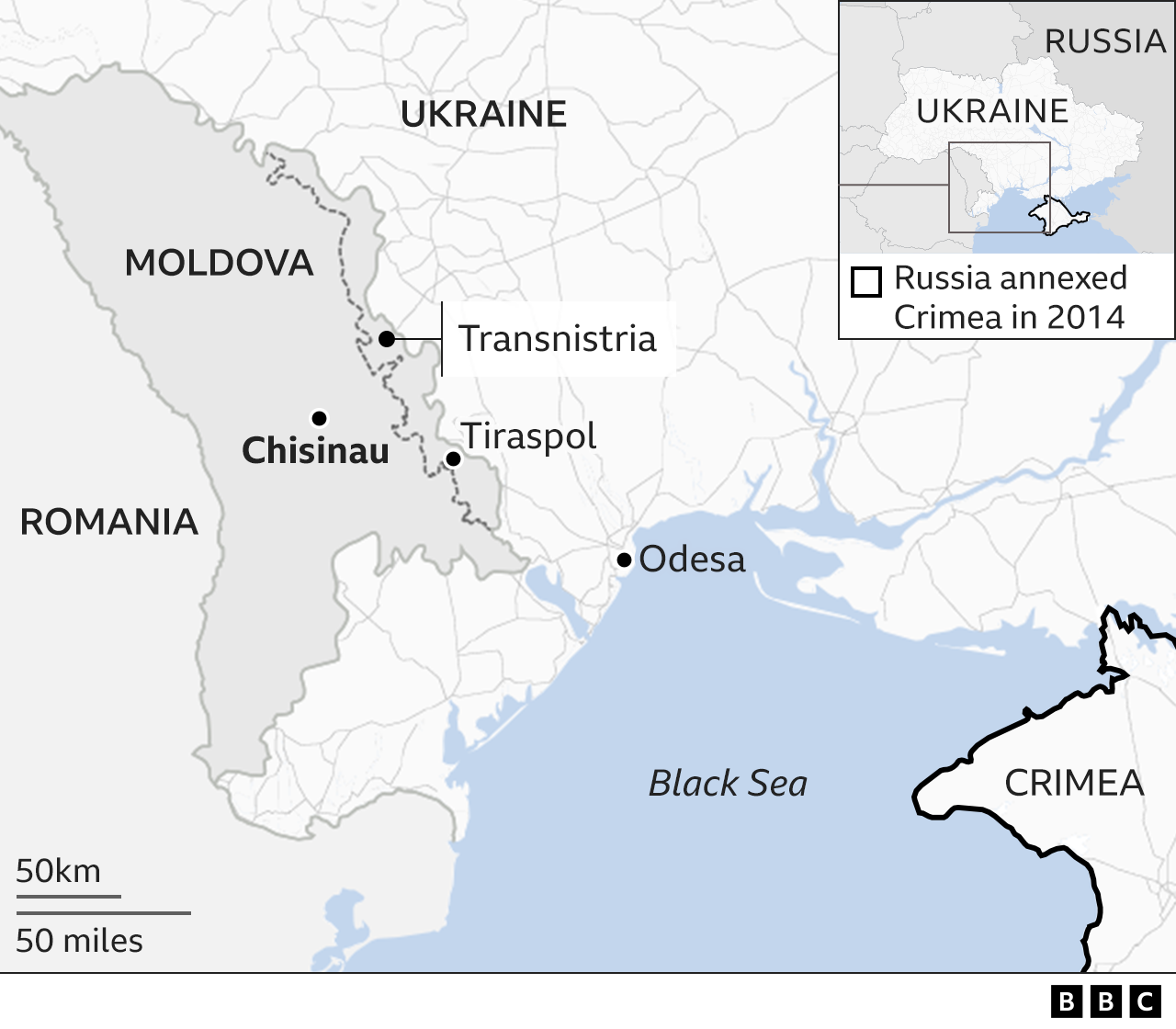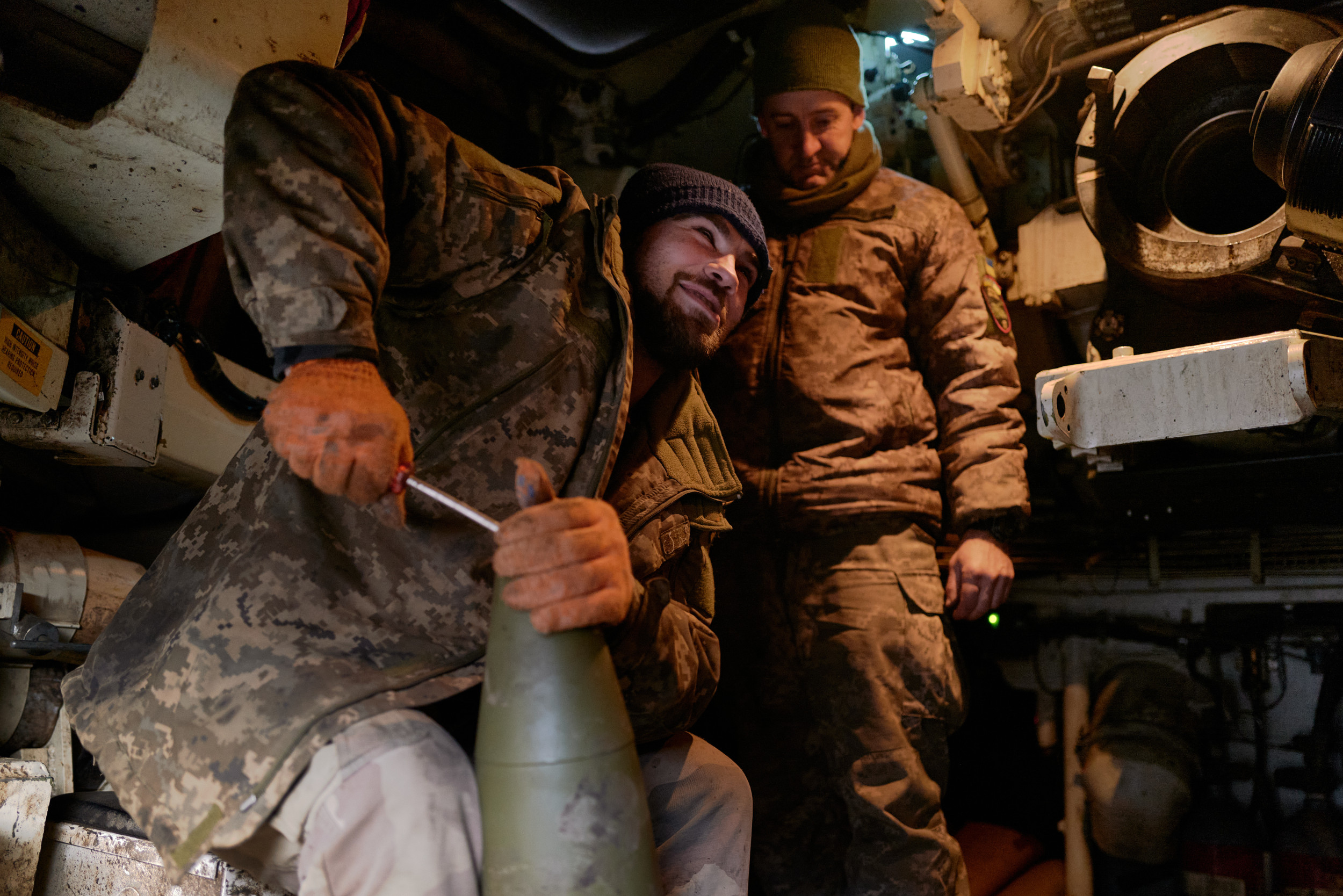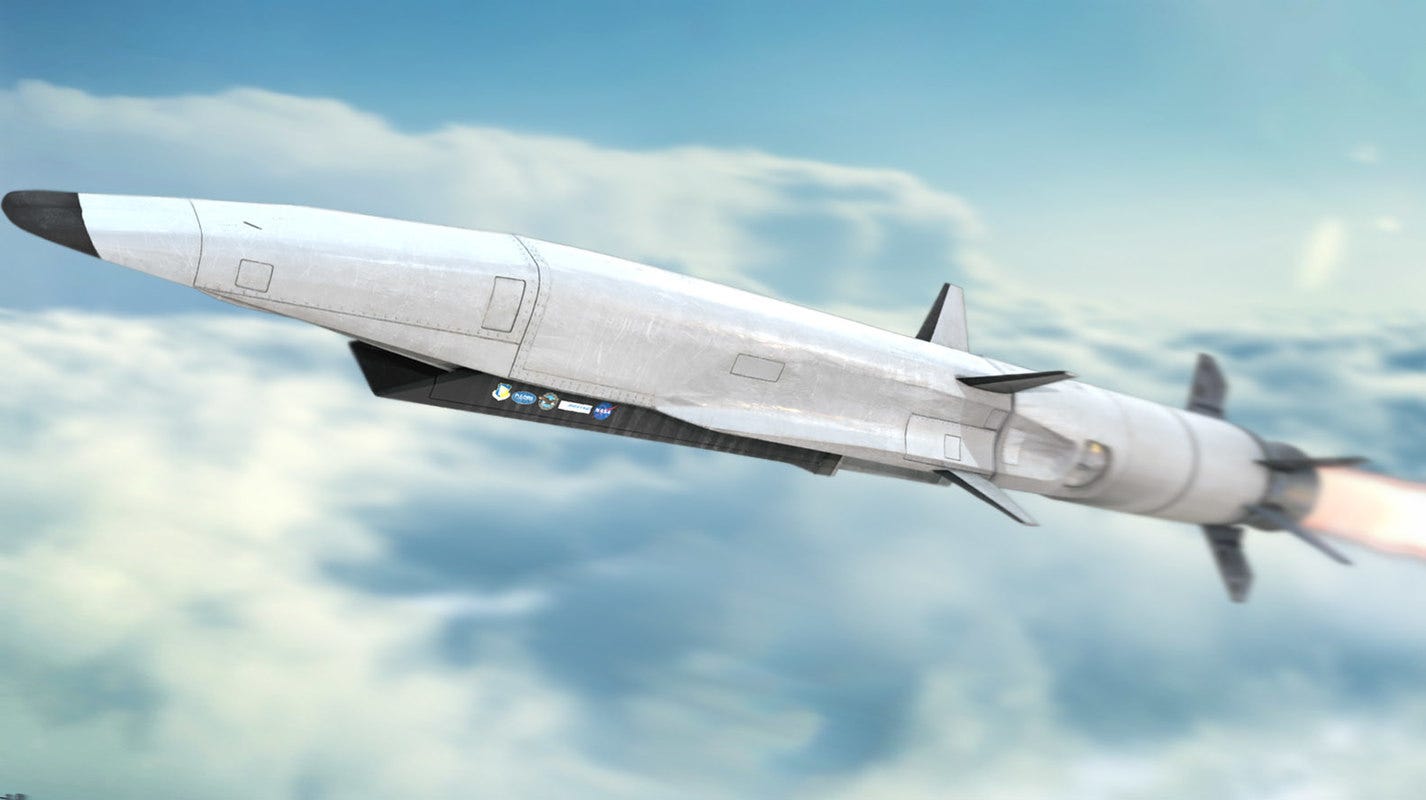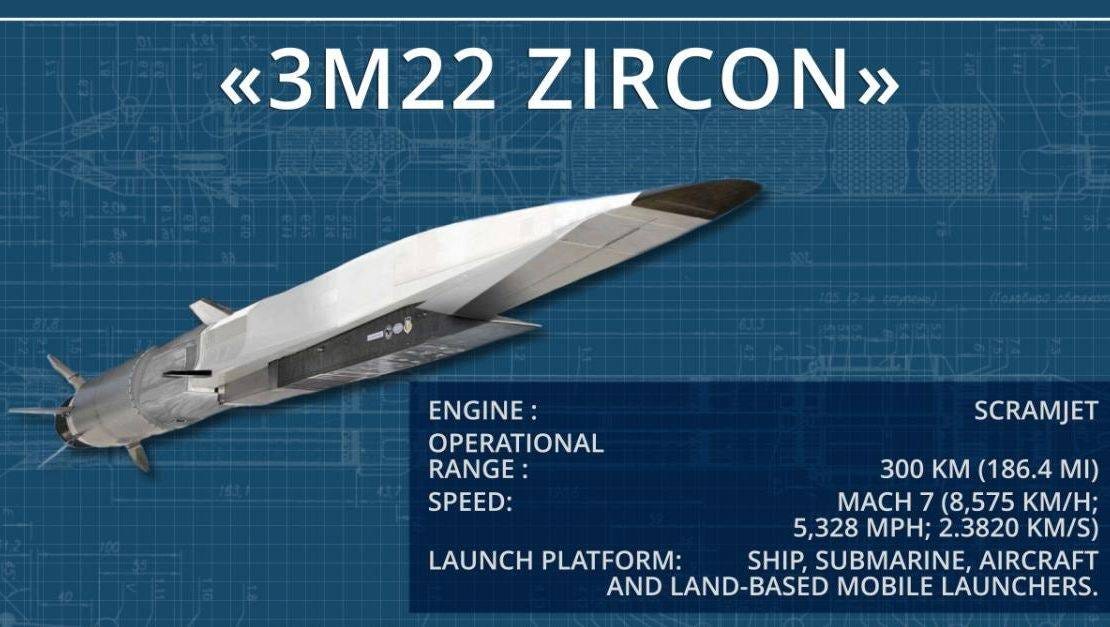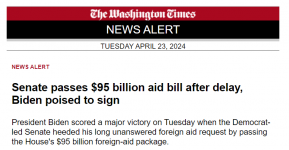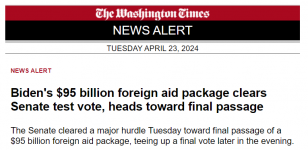Up the flag poll a bit late perhaps?......
Posted for fair use......
To halt Russia’s advance, Kyiv needs more boots on the ground.

www.foreignaffairs.com
Europe—but Not NATO—Should Send Troops to Ukraine
To Halt Russia’s Advance, Kyiv Needs More Boots on the Ground
April 22, 2024
A taboo has been broken in Europe. Only a few months ago, it would have been inconceivable for European leaders to propose sending European troops to Ukraine. But on February 26, French President Emmanuel Macron said the deployment of European forces to Ukraine could not be “ruled out.” Since then, other European officials have joined the chorus; the Finnish defense minister and Polish foreign minister have both suggested that their countries’ forces could end up in Ukraine. These comments, combined with existing support for such measures in the Baltic states, show that there is a growing bloc of countries open to direct European intervention in the war.
These explosive comments are driven by shifting conflict dynamics. The debate in the U.S. Congress over sending military aid to
Ukraine has been a debacle. A new aid package is finally on track for approval, but the months of dithering in Washington have dismayed Europeans and given Moscow hope that Western resolve to support Kyiv is cracking. Russian forces—bolstered by equipment from China, Iran, and North Korea—have taken advantage of the gap in U.S. military support for Ukraine by stepping up their attacks on civilians and nonmilitary infrastructure. In early April, knowing that Ukraine was running short of antiaircraft ammunition, Russia launched a missile attack that destroyed the largest power plant in the Kyiv region. Earlier, in March, Russian forces targeted a hydroelectric dam in Dnipro and other electrical facilities around Kherson, undermining Ukrainian industry and making the country’s economy more dependent on the European electrical grid. Further damage to critical infrastructure, nuclear power plants, and agricultural land will dramatically raise the costs of reconstruction, for which Ukraine’s partners in the West will likely have to foot much of the bill.
As Russian forces speed up their advance, the possibility that they could break through Ukrainian defenses along the eastern front and challenge Ukrainian control of Kharkiv or even Kyiv presents Europe with a security threat it cannot ignore. A Russian victory in Ukraine would vindicate President
Vladimir Putin’s revisionist ambitions and belief in the inherent weakness of the West. It would enable the Kremlin to keep Russia on a war footing—an all-of-society approach to conquest that European countries would be unable to match. There is no reason to expect Putin to stop with Ukraine. He has called the breakup of the Soviet Union “the greatest geopolitical catastrophe” of the twentieth century, lamenting that “tens of millions of our co-citizens and compatriots found themselves outside Russian territory.” The Baltic states are in danger, as is Poland: last year, the former Russian prime minister and Putin loyalist Dmitri Medvedev described the Baltics as “our” (meaning Russian) provinces and Poland as “temporarily occupied” (meaning by NATO).
By threatening to send troops, European countries are trying to disrupt this worrying trajectory. To truly change the outcome in Ukraine, however, European countries must do more than simply talk about deployments. If the United States continues to delay aid, and especially if it elects
Donald Trump (who has pledged to end the war in Ukraine within 24 hours, presumably by allowing Putin to keep his ill-gotten gains) as president in November, Europe will be Ukraine’s only defender. European leaders cannot afford to let American political dysfunction dictate European security. They must seriously contemplate deploying troops to Ukraine to provide logistical support and training, to protect Ukraine’s borders and critical infrastructure, or even to defend Ukrainian cities. They must make it clear to Russia that Europe is willing to protect Ukraine’s territorial sovereignty. Accepting the dire reality of the situation in Ukraine and addressing it now is better than leaving a door open for Russia to accelerate its imperial advance.
CHANGE THE CONVERSATION
The idea of European troops deploying to Ukraine has elicited predictable objections. The Kremlin was outraged by Macron and others’ recent statements warning of war—possibly a nuclear one—with all of Europe. Washington and Berlin also responded angrily. Both Germany and the United States have strictly limited the aid they gave Ukraine throughout the
war, agonizing that Russia might make good on its threats of escalation, and they sharply criticized the more hawkish European states for what they see as unnecessary provocation
.
Such opposition does not lessen the benefits that European forces would provide in Ukraine, and the fact that Berlin, Moscow, and Washington all reacted so strongly shows why it is so important to have this discussion. European leaders have demonstrated that it is possible to break out of a one-sided escalation debate that, until how, has worked to Russia’s advantage. In the previous pattern, Moscow has threatened escalation, and Berlin and Washington have responded with words and actions aimed at de-escalation—a dynamic that deters both Germany and the United States from sending the more advanced missile systems that Ukraine desperately needs. Now, Europe is making the threats, and Russia is looking deeply uncomfortable.
Too many politicians and pundits in the United States and Europe echo Putin’s own talking points by warning that any kind of external intervention in Ukraine would lead to World War III. In reality, sending European troops would be a normal response to a conflict of this kind. Russia’s invasion disrupted the regional balance of power, and Europe has a vital interest in seeing the imbalance corrected. The obvious way to do this is to provide a lifeline to a Ukrainian military that could once again be left high and dry by the United States, and the best lifeline would be European soldiers. Unless the politics in the United States change, Ukraine will need alternate sources of assistance to keep its fight going—and Europe is the natural backer.
SEND IN THE TROOPS
European forces could undertake either noncombat or combat operations to relieve some of the pressure on Ukraine. A strictly noncombat mission would be easiest to sell in most European capitals. European forces could relieve the Ukrainians performing logistics functions, such as maintaining and repairing combat vehicles. By staying west of the Dnieper River—a natural barrier protecting much of Ukraine from Russian advances—European forces would demonstrate that they are not there to kill Russian soldiers, preempting the inevitable Russian accusation of European aggression. Some Ukrainian vehicles are already being sent to Germany, Poland, and Romania for substantial repairs, but conducting this task closer to the front would speed up the process, reduce the time equipment is out of combat, and free up more Ukrainian forces for combat duties. French, Polish, and other European military advisers could also provide lethal and nonlethal training within Ukraine to further professionalize the country’s military. If additional mobilization expands the Ukrainian military in the coming year—which seems likely—increased capacity to train new recruits inside Ukraine will be particularly useful.
Of course, European forces could do more than repair and train. The most limited form of European combat missions could still remain west of the Dnieper River and be defensive in nature. One such mission could involve strengthening Ukraine’s air defense capabilities in this region by deploying personnel, providing equipment, or even taking over command and control of the Ukrainian air defense system. The risks of escalation would be minimal, as European forces would have little chance of killing the Russian military pilots who launch munitions into Ukraine from Belarusian and Russian airspace. But they would help shoot down cruise missiles and drones. In doing so, European-led air defense batteries would free up more Ukrainian troops to protect forces near the frontlines while also frustrating Russian attempts to destroy critical infrastructure and terrify the Ukrainian population into surrender. European forces could perform other defensive and humanitarian tasks, too, such as demining and defusing unexploded Russian ordinance. Taking over such work from Ukrainian personnel would help protect civilians and support Ukraine’s economic recovery, as farmers are now struggling to plant and harvest crops in fields full of mines and other unexploded munitions.
Another combat role—which, like an air defense mission, would likely not engage Russian forces—would involve patrolling parts of the Ukrainian border where Russian troops are not deployed, such as the Black Sea coast and the borders with Belarus and Transnistria (a breakaway region in Moldova occupied by Russian forces). Guarding these flanks would free up more than 20,000 Ukrainian troops (and the weapons and ammunition they carry) to fight on the frontlines. It would also reduce the likelihood of a new front opening along these borders, as Russia would almost certainly seek to avoid broadening the war by attacking other European militaries. European forces could also help secure Ukraine’s three remaining Black Sea ports, which are vital to both the Ukrainian economy and global food security, relieving additional Ukrainian soldiers. Any kind of European operation in Ukraine would carry emotional weight as well. The presence of European troops would raise the morale of the Ukrainian people and reassure them that their country’s future is in Europe.
Finally, Europe needs to consider a direct combat mission that helps protect Ukrainian territory west of the Dnieper. In addition to reducing the burden of the Ukrainian military in these regions, the presence of European troops would make it unlikely that Russian forces would advance across the river, protecting much of Ukraine from conquest. One potential Russian target is Odessa, Ukraine’s main port where most of the country’s exports are shipped. If Russian troops were to approach the city, European forces in the vicinity would have the right to defend themselves by firing on the advancing soldiers. They could help thwart a Russian offensive that, given Odessa’s strategic position, could strangle the Ukrainian economy and position Russian forces for a potential invasion of Moldova. Moscow would try to spin any lethal response to a Russian attack as European aggression, but Russia would be responsible for any escalation.
PUTIN ON THE BACK FOOT
The risk that deploying European soldiers to Ukraine in any capacity will escalate the conflict is overblown. Russia has precious little room to scale up its conventional attacks, short of deploying biological or chemical weapons. It has already lost more than 90 percent of its prewar army, with hundreds of thousands of casualties, tens of thousands of combat vehicles destroyed, and the vast majority of its most advanced weapons systems expended in attacks on Ukraine. Sanctions have made Russian weapons production more difficult and costly, and the deployment of troops to Ukraine has left Russia with barely enough forces to guard the rest of its long border, let alone mount a significant operation against other European states. In January 2022, the Russian army was widely considered second only to the U.S. Army; today, it may not even be the most powerful army in Ukraine. But if European leaders were to let Russia win in Ukraine, Putin’s takeaway would be that making nuclear threats could allow him to conquer more countries without provoking a European military response.
The real question is whether Russia would actually use nuclear weapons if European forces enter Ukraine. Arguably, this is already a moot point, given that special operations forces from Western countries are currently operating inside Ukraine. Moscow regularly employs aggressive rhetoric toward
NATO members, but so far it has been all bark and no bite, avoiding contact with NATO forces and focusing instead on neighboring countries outside the alliance, such as Georgia and Ukraine, that it can safely kick around. Putin threatened to attack Poland, Romania, and the Baltic states back in 2014, and over the next several years he threatened to invade Finland and Sweden for joining NATO, Norway for hosting additional U.S. troops, Poland and Romania for housing ballistic missile defense facilities, and “
any European countries” that allowed U.S. missiles to be deployed on their soil. In the past decade and a half, the Kremlin has threatened or run war games that simulate the use of nuclear weapons against Denmark, Poland, Sweden, Ukraine, the United Kingdom, the Baltic states, the European Union as a whole, and, of course, NATO and the United States. At some point, European leaders must ignore Putin’s saber-rattling, which is merely propaganda premised on the baseless notion that NATO wants to attack or invade Russia.
Ultimately, Russia cannot afford to fight multiple European countries at once, much less start a nuclear war. Tellingly, the countries that are most likely to be targeted in a nuclear attack—those that border Russia, particularly Poland and the Baltic states—are the least concerned about that prospect but rightly fear the aggression of a reconstituted conventional Russian military, buoyed by success in Ukraine. Europe is far richer, is more technologically advanced, and has a much larger population than Russia. Moscow knows it cannot win by provoking the whole continent, and it seeks to avoid the U.S. military intervention that would very likely follow if Russian forces were to invade a NATO country and trigger Article 5 of the alliance’s charter.
Instead, Russia is basing its hopes for victory almost entirely on Europe treating Ukraine as separate from the rest of the continent. So far, its hopes have come to pass. European leaders have tolerated attacks on Ukraine that would have triggered a united European response had they happened in any NATO or EU member state. This attitude has allowed Russia to escalate its war in Ukraine, safe in the knowledge that the rest of Europe will keep its distance.
The arrival of European forces in Ukraine would change that calculation. Moscow would have to face the possibility that European escalation could make the war unwinnable for Russia. Moreover, a European-led response would subvert Russian propaganda that NATO countries’ intervention in Ukraine is merely an American ploy to undermine Russia. The narrative that NATO is the aggressor in this war is popular in many parts of the world, and countering it could help Europe further isolate Moscow both diplomatically and economically. And because European forces would be acting outside the NATO framework and NATO territory, any casualties would not trigger an Article 5 response and draw in the United States. Russia’s opponent would not be NATO but a coalition of European countries seeking to balance against naked Russian imperialism.
Ukraine is doing the best it can, but it needs help—help that European countries are able and increasingly willing to provide. Rather than force Russian escalation, a European troop presence would be more likely to prevent the conflict from spreading and prevent further damage to Ukraine’s economy and infrastructure. European leaders do not need to follow the dictates of an increasingly unreliable United States about how the battle in Ukraine should be waged; they can and should decide for themselves how best to ensure the continent’s freedom and security. Europe must do what it takes to safeguard its own future, and that starts with making sure Ukraine wins this war.
CORRECTION APPENDED (APRIL 22, 2024)
An earlier version of this article incorrectly claimed that Russian President Vladimir Putin had declared that all former Soviet republics should be returned to Russia.
- ALEX CROWTHER is a Senior Fellow with the Transatlantic Defense and Security Program at the Center for European Policy Analysis and a retired U.S. Army Colonel.
- JAHARA MATISEK is a Military Professor at the U.S. Naval War College, Research Fellow at the European Resilience Initiative Center, and a Lieutenant Colonel in the U.S. Air Force. The views expressed here are his own.
- PHILLIPS P. O’BRIEN is Head of the School of International Relations and Professor of Strategic Studies at the University of St. Andrews.
- MORE BY ALEX CROWTHER
- MORE BY JAHARA MATISEK
- MORE BY PHILLIPS P. O’BRIEN
French forces arrive in Odessa, Ukraine..













